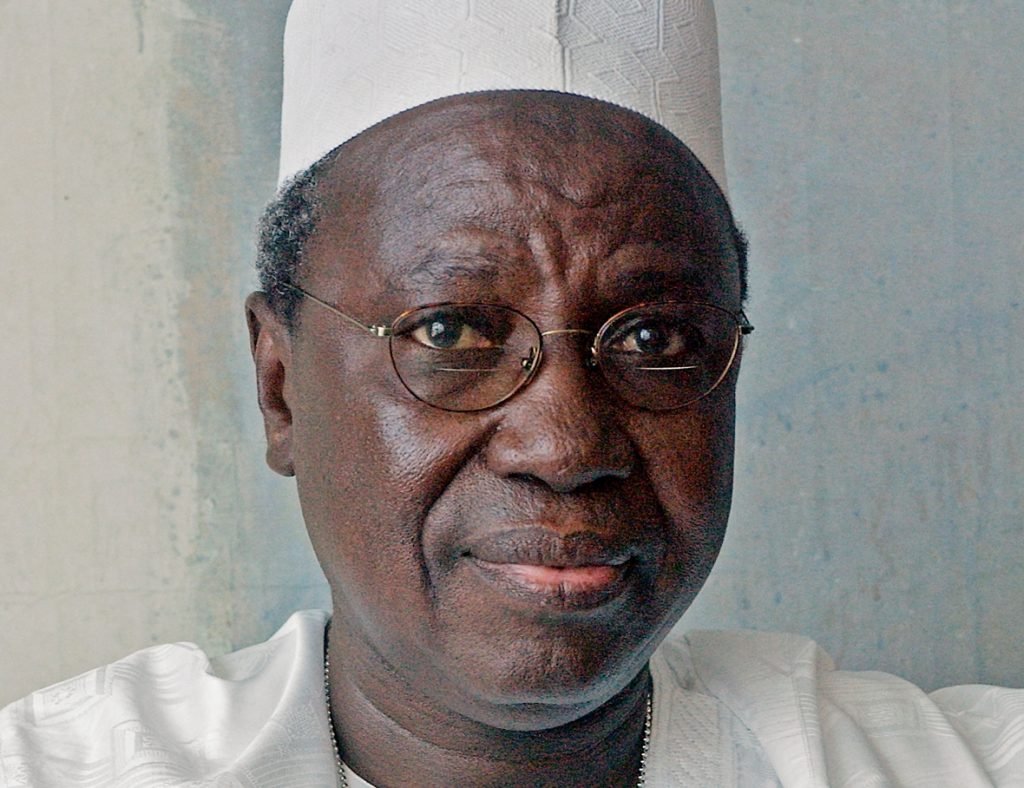
A former Minister of Foreign Affairs, Ambassador Aminu Wali, has said Nigeria has failed in its push for permanent membership of the United Nations due to its efforts toward ensuring peace in Africa.
Wali, who is a permanent representative to the UN, said though no other country in Africa deserves it more than Nigeria, the country has been unable to attain the position despite suffering to ensure peace on the continent.
According to the ex-minister, Nigeria is not appreciated by other African countries.
Wali stated this during the public presentation of a book, ‘Reflections on Nigeria’s Foreign Policy’ authored by Emmanuel I. Ukhami, Toby Okechukwu, and Tony Onyishi in Abuja on Wednesday.
He said, “We have not been successful in trying to push our position as a permanent member of the United Nations.
“In Africa, no country deserves it other than Nigeria, but we have not been able to make it, and this is because while we may have a policy that is Afrocentric at the same we are not getting the same respect that we give our neighbours and colleagues in Africa, because we have suffered to ensure that there is peace and security in a lot of parts of Africa.”
Okechuwku, who is the Deputy Minority Leader of the House of Representatives, said critics have faulted Nigeria for a lack of defined national interest and direction in its foreign policy pursuit, hence its inability to show tangible benefits from all her benevolence in Africa.
The lawmaker said in this regard, the trajectory of ‘Afrocentrism’ as a directive principle of foreign policy was examined and put in a temporal dimension, so it might be easy to appreciate its decline in relative importance.
Okechukwu said, “The nagging issue of Nigeria’s shrinking voice in critical diplomatic circles may also be appreciated vis-à-vis contemporary socio-economic challenges at home. But then a robust tradition of diplomatic engagement will not only ameliorate this but would also garner a reasonable level of image prestige. Again, this speaks to the integrity of institutions and their ability to withstand pressure.
“The country must make all efforts to industrialize, keep pace with the present global technological innovations, and genuinely democratise by permitting her citizens the fundamental human rights they desire and strive to enjoy. Nigeria will only achieve these feats if her leadership is focused on achieving national interest and not self-centred interest based on ethno-religious identities and partisanship.
“This is why the nation must also institutionalise her core national values, philosophy and culture that will act as a compass for good leadership. This will help the nation to see national interest through the prism of core national values. The country needs to reposition its foreign policy strategy to meet up the current international realities if it must be taken seriously among the comity of nations.”
He added, “All said, no amount of diplomatic craftsmanship can make a country to successfully project her image significantly above the level of her real-time socio-economic and political development circumstance. Therefore, a focus on development issues is key in building a strong and influential voice in regional, continental and global affairs.”
Speaker of the House of Representatives, Femi Gbajabimila, said Nigeria’s foreign policy must “unapologetically define the terms on which we engage the rest of the world to address the different manifestations of our shared challenges so that we can each and together survive through this new age of promise and peril.”
To do this, Gbajabiamila stated that Nigeria must establish the values that “define us and be clear about the concerns that motivate us and the interests that inspire us.”
He said, “Our nation’s foreign policy defines the terms on which we engage with the rest of the world. It is through our foreign policy that we declare who we are, what we stand for, and the principles we hold dear and will defend as we have done here at home and abroad in South Africa, Liberia, Sierra Leone, and everywhere else we have been called.
“In this new age, when we are confronted by challenges that affect us all, a global response is the best way to ensure our collective survival. From issues of public health to the challenges of terrorism and the myriad difficulties of globalisation, international collaboration is necessary to find and implement solutions that will improve the lives and circumstances of people all over the world.”
Copyright PUNCH.
All rights reserved. This material, and other digital content on this website, may not be reproduced, published, broadcast, rewritten or redistributed in whole or in part without prior express written permission from PUNCH.
Contact: [email protected]





